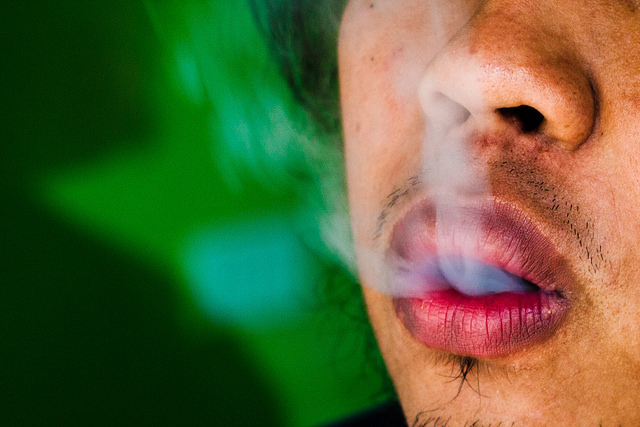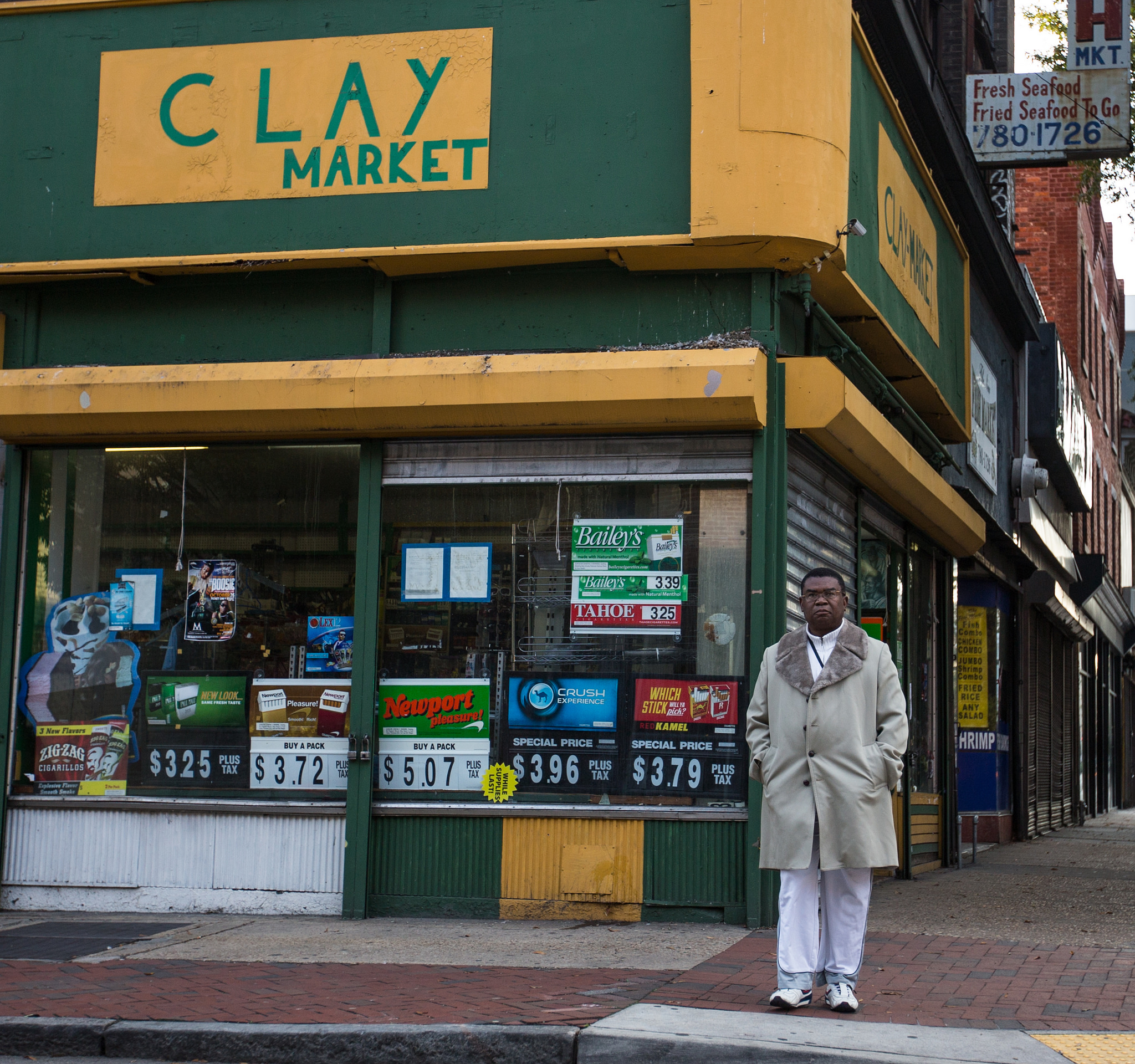Why Some People Aren't Celebrating This Smoking Ban

By:
The Obama administration is banning smoking in public housing, but critics say the move will have unintended consequences.
 Flickr/Jan Michael Dimayuga - flic.kr
Flickr/Jan Michael Dimayuga - flic.kr
In a move expected to save public housing agencies $153 million a year, the Department of Housing and Urban Development (HUD) announced Wednesday that people will no longer be able to smoke anywhere inside or within 25 feet of public housing buildings.
HUD said the smoking ban is "expected to improve indoor air quality in public housing; benefit the health of public housing residents, visitors, and PHA staff; reduce the risk of catastrophic fires; and lower overall maintenance costs."
"Every child deserves to grow up in a safe, healthy home free from harmful second-hand cigarette smoke," said HUD Secretary Julian Castro in a press release.
According to NPR, the law would be enforced through "lease enforcement actions," meaning smokers could end up being evicted.
And the punishment could fall heavily on minorities.
Based on 2010 census data, 45 percent of public housing residents are black and 20 percent are Latino, according to the National Low Income Housing Coalition.
The CDC also notes that "advertisement and promotion of certain tobacco products appear to be targeted to members of racial/minority communities," highlighting industry practices such as "campaigns that use urban culture and language to promote menthol cigarettes," and "tobacco-sponsored hip-hop bar nights with samples of specialty menthol cigarettes."
Some advocates are worried that smokers who can't quit will end up homeless.
 Flickr / Tom Woodward - flickr.com
Flickr / Tom Woodward - flickr.com
“We are extremely concerned that this rule will create additional homelessness,” John Lozier, executive director of the National Health Care for the Homeless Council told The Hill in August. “Our primary concern about this policy is the fate of those who are unable to quit smoking and are evicted for this lease violation."
Castro told the New York Times he doesn't believe the law will lead to increased homelessness.
“We don’t see this as a policy that is meant to end in a whole lot of evictions,” Mr. Castro said. “We’re confident that public-housing authority staff can work with residents so that that can be avoided.”
Instead, the policy is meant to combat the disproportionate effects of second hand smoke on low-income communities.
The CDC reports that 70-percent of black children were exposed to secondhand smoke between 2011-2012, and that "declines in exposure over time have been slower, and prevalence of exposure remains higher, among children, non-Hispanic blacks, persons living in poverty, and persons who live in rented housing."
Further, the CDC notes that most exposure to second hand smoke happens in homes and at work, and people with a lower income and lower education are less likely to live in places covered by smoke free laws.
Since 1964 an estimated 2,500,000 non smokers have died from health problems connected to second hand smoke, according to the CDC.
